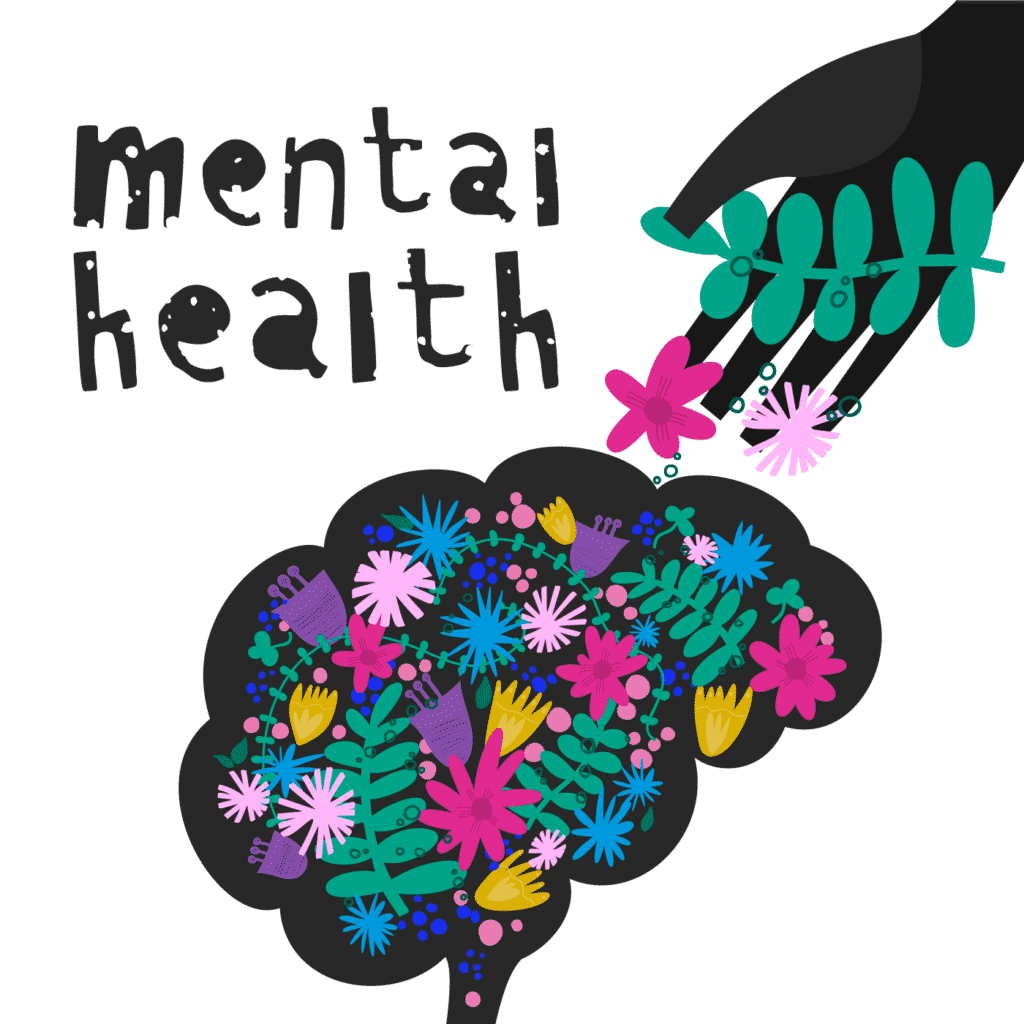
September 10th saw World Suicide Awareness Day, organised by the International Association for Suicide Prevention (IASP). The purpose of the day was to raise awareness around the globe that suicide can be prevented with charities, royals and employers working hard to highlight what has often been a taboo subject.
As the issue has received more attention, both in the press and among policy-makers, one of the key areas of discussion within Sysco has been how we can improve our ability to broach the subject with colleagues, family members, strangers and especially in relation to our students.
Online suicide prevention training has been taken by all staff that has focused on the ‘See it, Say it, Signpost’ model of approaching individuals we feel are at risk of suicidal thoughts or feelings.
Students are under a great deal of pressure and it is evident from research reports and media coverage of individual stories that it is taking its toll on our young people. As a result Sysco have made active steps to address the support our students have available to them when they need it.
There are many factors which can contribute to poor mental health among young adults, and consequently leave them at risk of suicidal thoughts or feelings, particularly at the transition point between further and higher education or the transition into working life. There is the step up to degree level academic studies; there is a pressure to succeed in a new job role; and then, for many, there is simply the uncertainty that comes from entering a new environment without established support networks for the first time.
As we begin to understand more about the pressures students face and the impact these can have on their well-being, Sysco as a training provider is looking for ways to increase the support we are able to offer to our students.
To help our students make these transitions Sysco have appointed a pair of Mental Health First Aiders based on a set of specific criteria evaluation, inclusive of the fact that support and guidance is a natural extension to the ‘soft’ HR function/department. Sysco have sought and provided appropriate specialist training to prepare our Mental Health First Aiders for their new roles.
We simply couldn’t ignore the potential for Sysco to work alongside organisations and charities working with young people as they work towards higher education or the job market. We feel that highlighting and supporting that transition can provide great gains in preparing students for challenges later in life.
Sysco are not the right organisation to provide counselling or professional help, but we must be able to recognise and respond to signs that a student is struggling and direct them to the services available.
Ultimately, we know there is no one size fits all solution, no silver bullets but we’ve acknowledged that positive changes can be made that go some way to making a difference. What we feel is clear is that mental well-being needs to be front of mind for training providers when considering the learning environment they provide for their students.
